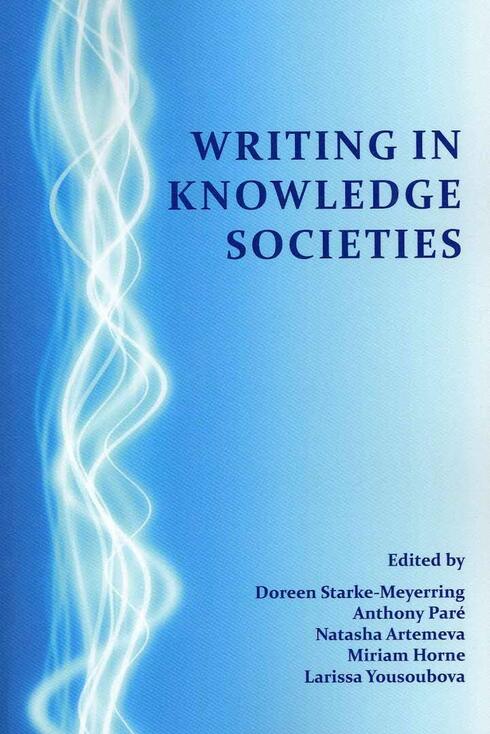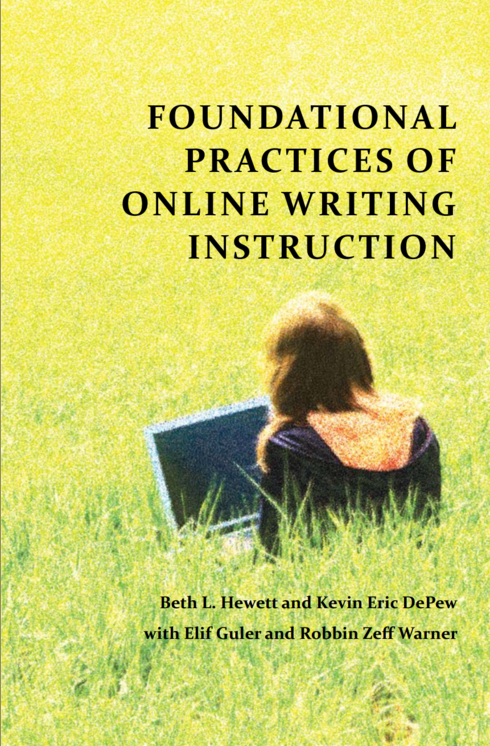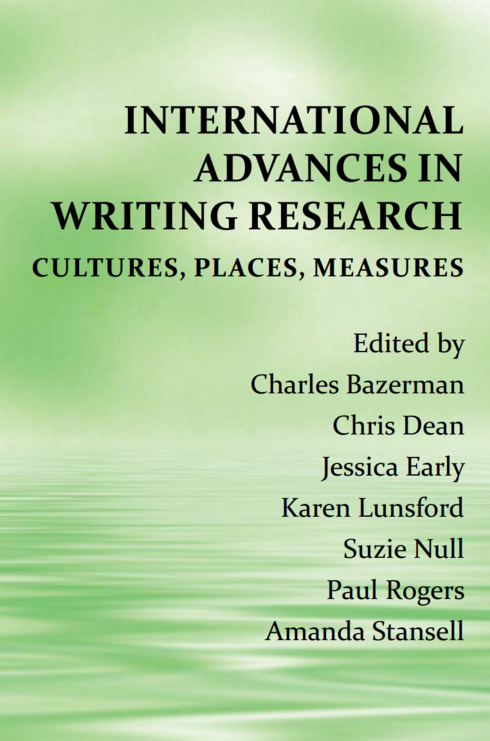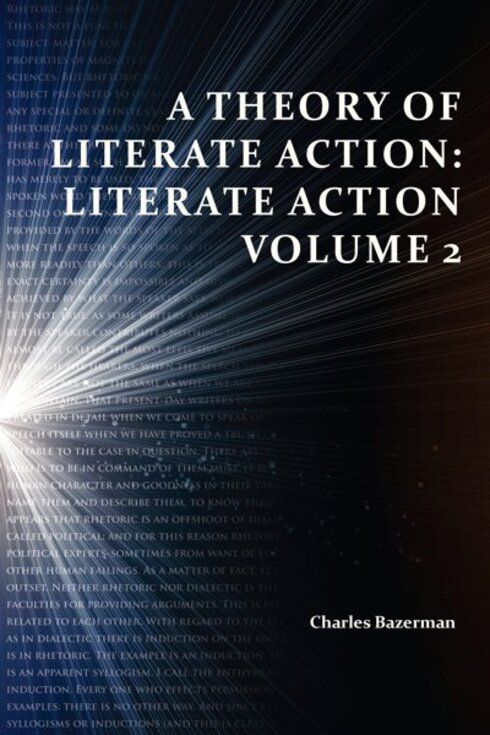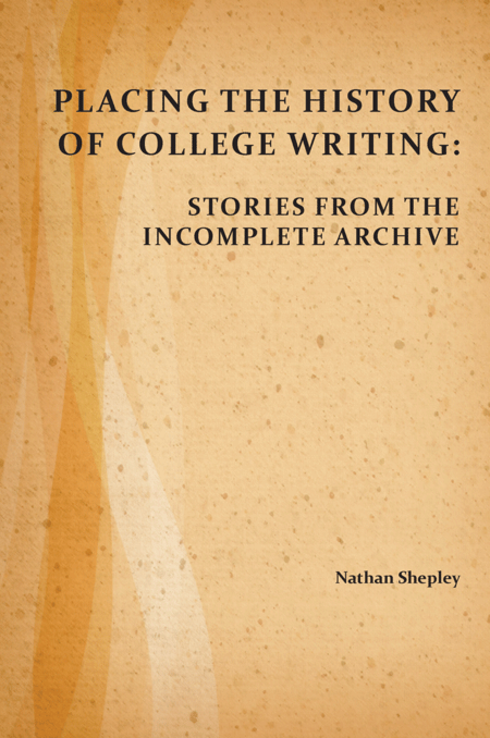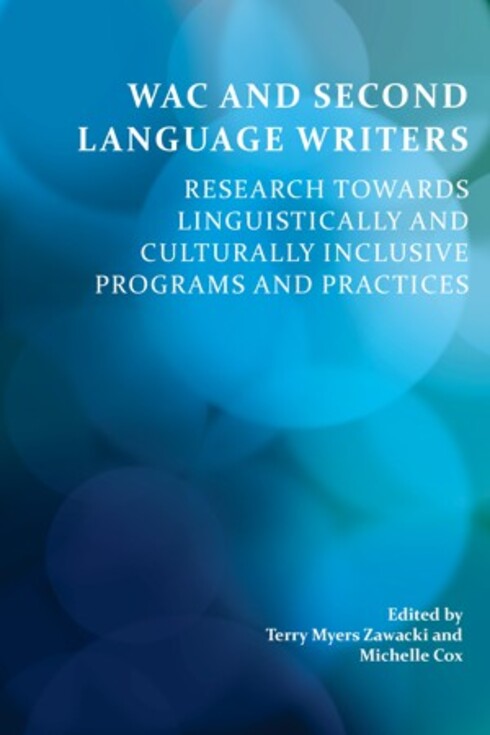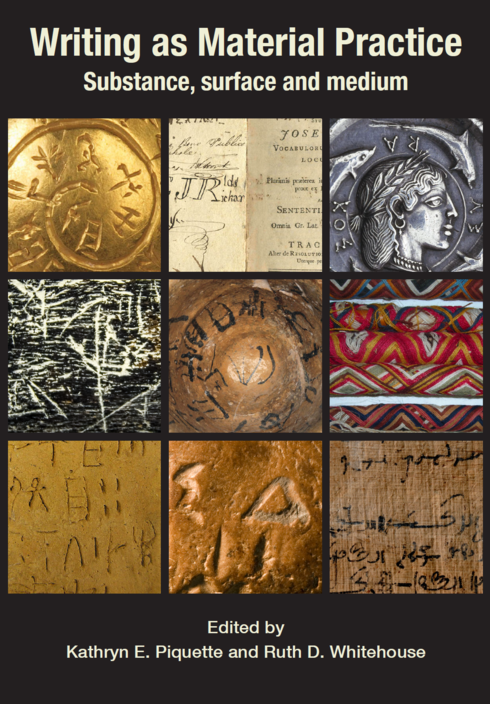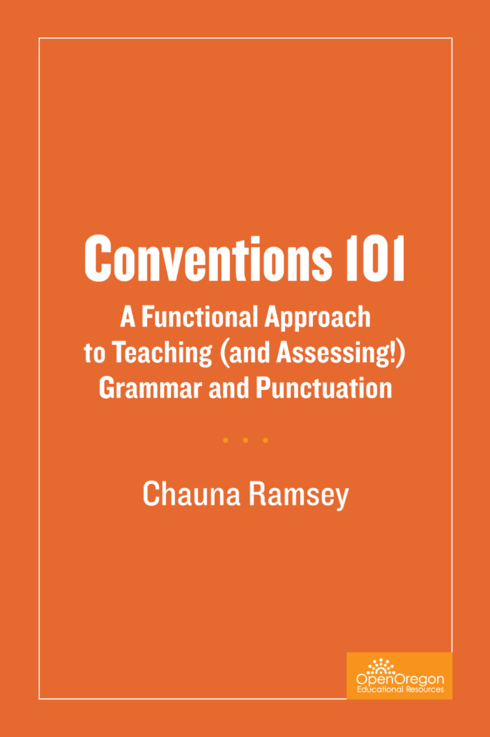Writing in Knowledge Societies
Copyright Year:
Contributors: Starke-Meyerring, Paré, Artemeva, Horne, and Yousoubova
Publisher: WAC Clearinghouse
License: CC BY-NC-ND
The editors of Writing in Knowledge Societies provide a thoughtful, carefully constructed collection that addresses the vital roles rhetoric and writing play as knowledge-making practices in diverse knowledge-intensive settings. The essays in this book examine the multiple, subtle, yet consequential ways in which writing is epistemic, articulating the central role of writing in creating, shaping, sharing, and contesting knowledge in a range of human activities in workplaces, civic settings, and higher education. Writing in Knowledge Societies helps us conceptualize the ways in which rhetoric and writing work to organize, (re-)produce, undermine, dominate, marginalize, or contest knowledge-making practices in diverse settings, showing the many ways in which rhetoric and writing operate in knowledge-intensive organizations and societies.
No ratings
(0 reviews)

